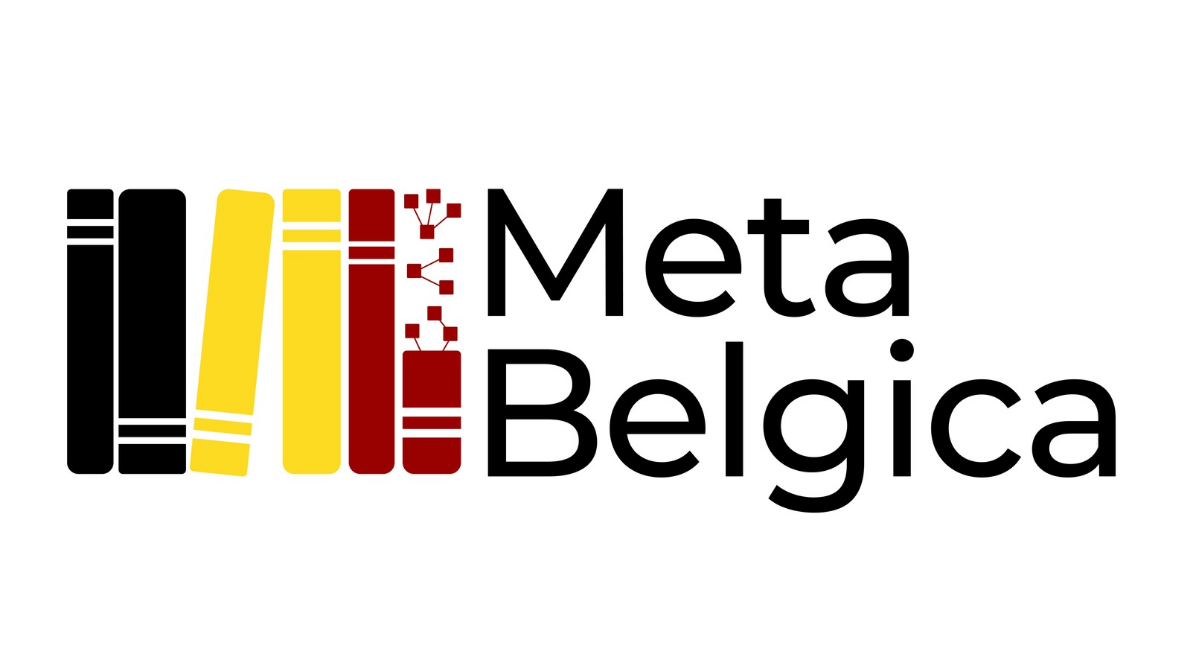
A shared entity management infrastructure between Federal Scientific Institutes in Belgium
Duration of the project: 2023 > 2026
Project proponents: Hannes Lowagie (KBR), Ann Van Camp (KBR), Sven LIeber (KBR), Julie Brikholz (KBR); Karine Lasaracina (RMFAB), Eduardo Lamas (KIK-IRPA), Els Angenon (RMAH)
About the project
Federal Scientific Institutes (FSIs) such as the Royal Museums of Art and History currently inventorise, publish and query their collections in a database or online catalogue with the help of entities, such as names or places: think of structured data about authors or cities.
This kind of data is important for various reasons, but every FSI is creating and maintaining their own entities in their own systems using different programs and data standards.
This is a problem as it results in duplicate efforts and data quality problems. Additionally, this complicates efficient data exchange in a national or international setting due to different standards and tools.
Goals of the project
This project aims to develop MetaBelgica – a Linked Data platform of Belgian entities shared between Belgian Federal Scientific Institutions (FSIs) in the cultural heritage sector. We will integrate millions of Belgian entities from the four participating FSIs, make them accessible in a shared platform and provide persistent identifiers for these entities. Like this, we will provide trustworthy and interoperable reference data of high quality.
We do this by following best practices related to Open Science, Linked Open Data, and FAIR data (findable, accessible, interoperable and reusable), for example by reusing Open Source software and Open Licenses for our data.
Regarding the Open Data we produce, we follow the BELSPO mantra of “as open as possible, and as closed as necessary”.
Partners
The MetaBelgica project is financed by the INFRA-FED call of BELSPO: an impulse action call to fostering the development of emerging research infrastructures within federal research institutions.
It results from the cooperation between the following four Federal Scientific Institutes:
- Royal Library of Belgium (KBR)
- Royal Museums of Fine Arts of Belgium (RMFAB)
- Royal Institute for Cultural Heritage (KIK-IRPA)
- Royal Museums for Art and History (KMKG-MRAH)
Follow-up Committee
Throughout the project we stay in dialogue with external national and international experts via a follow-up committee to maximise the impact of the project. Members of this follow-up committee are thematic experts from the following institutions (in alphabetical order):
- Archives and Museum of Literature
- CegeSoma (Belgian State Archives)
- Dutch Heritage Network
- FID Benelux
- KBR ICT department
- Meta4Books
- Museum of Industry Ghent
- Netherlands Institute for Art History
- National Library of Germany
- National Library of Luxemburg
- OCLC
- Open Science Lab de la Bibliothèque des sciences et des technologies de Leibniz (TIB)
- University of Antwerp
- Wikibase Stakeholder Group
- Wikimedia Belgium
- Wikimedia Germany
Updates
We are committed to the Open Science principles. In practice that means that you can find updates on the progress of our report openly on the following platforms:
- Research data and documents will be published with a DOI on our Zenodo community (in addition to the deposit on the Belgian repositories Orfeo and SODHA).
- Code and technical specifications will be published via our GitHub organization.
- You can find general updates via the hashtag #MetaBelgica on different social media platforms, in particular we publish updates via our Mastodon account.
Contacts
For more information about the project you can contact the following responsible colleagues or follow the hashtag #MetaBelgica on social media platforms.
- KBR
Hannes Lowagie
Ann Van Camp
Sven Lieber
Julie Birkholz
- RMFAB
- KIK-IRPA
- RMAH